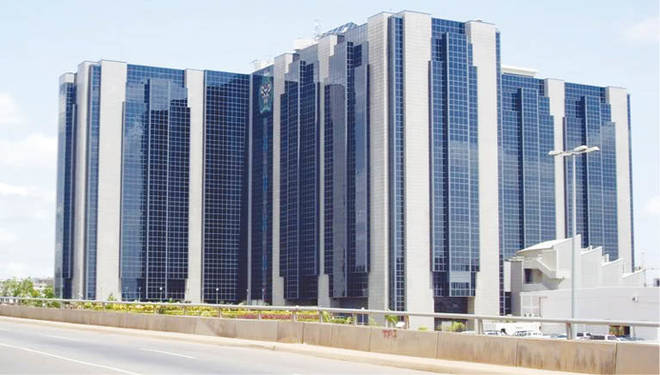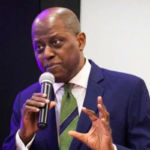The Central Bank of Nigeria (CBN) through proactive measures has hedged Nigerian economic against adverse effects from the normalization policy in the United States of America.
This is because Nigeria’s currency has remained largely stable and its forex reserve hasn’t been too much impacted as some portfolio investors leave emerging markets, including Nigeria back to the USA following rising interest rates.
The normalization is a policy arising from the process of raising rates to attract investments back into the United States. Thus those investments that left the US during the quantitative easing are now returning back. That means that the impact has been very adverse to emerging and frontier markets to where the investors went during the period of quantitative easing.
The MPC communiqué that was later released also noted that monetary policy in most advanced economies, particularly the US, continued on a path of normalisation in view of strong wage growth and declining unemployment. The Bank of England hiked its policy rate in August 2018, while the European Central Bank (ECB) has given guidance to terminate its asset purchase programme in December 2018. The Committee was concerned that these developments will in the medium term, accentuate capital flow reversals from emerging and developing economies, including Nigeria.
Speaking recently at the November 2018 Monetary Polciy Meeting (MPC), the CBN Govenor, Mr. Godwin Emefiele noted that most emerging market economies, lost not just reserves but have suffered substantial depreciation in their exchange rates.
But for Nigeria he said “the impact has been moderated given that we have been able to achieve a stable exchange rate during this period and we haven’t lost much reserves.”
According to him, the CBN took deliberate steps to hedge Nigerian economy against the risks. “We took a number of actions but the most critical one was the Investors and Exporters (I&E) window which we introduced in April 2017. With the I$E, we attracted huge forex inflows.
“The I&E window it’s a transparent market and people are free to import and export currencies to deal legitimately in forex transactions in Nigeria. That largely helped to rebuild the confidence in the Nigerian forex market. With that we saw a lot of substantial flows in the Nigerian FX market to the extent that at a point we started to buy dollars into our reserve and with the positive crude oil price, our reserves went up to $47.5bn. So we have substantially withstood the shocks” he explained.
According to the CBN governor, even with the US trade normalization Nigeria is still having some FX inflows rather than total dryness because of the confidence in our market. “We have been extremely transparent in our FX management and the way the market is run” he said.
How CBN hedged Nigeria’s economy against US normalization policy
The Central Bank of Nigeria (CBN) through proactive measures has hedged Nigerian economic against adverse effects from the normalization policy in the United States of…



